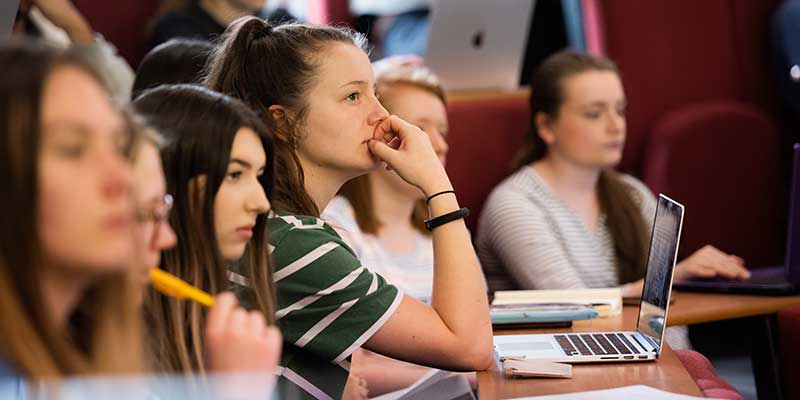
Learning to earning, and beyond
Pathways to careers
Your journey
You might already be starting to think about what your options are for the future, which is great! If you’re not entirely sure yet which path you want to take, or what your options might be, then check out the guides below.
Post-16 options
- A levels and BTECs usually require students to have five GCSEs at grade 9 to 4, or A* to C.
- A levels also often require at least grade B in the specific subject you want to study (or in a foundational subject if you choose a new subject you haven’t studied before).
- If you’re thinking about going to university, most courses require students to have a combination of 3 A levels or BTECs.
A levels
You usually choose 3 (or 4) options to study at A level from a wide range of academic subjects. You can study A levels at school, sixth form or college. You don’t need to stay at the school where you did your GCSEs.
BTEC Diplomas
BTECs are specialist work-related qualifications that combine practical learning with developing knowledge and skills. They can give you a broad knowledge of a particular sector or industry you might be interested in. BTEC courses usually involve a series of assignments which can be written or activity-based, for example creating a film clip, planning and putting on a performance, or creating a business plan.
Apprenticeships
An apprenticeship is a real job, with hands-on experience that gives you the opportunity to train and gain qualifications while you work. You would undertake an apprenticeship instead of studying A levels or BTECs. As an apprentice, you would earn a real wage, gain job-specific skills and be given time (equivalent to around one day a week) for study relating to the work that you do.
Higher Education options
Bachelor’s degree
An academic course which involves in-depth study in a subject of your choice. There are plenty of different subjects out there - some more academic, some more vocational. We’ll be looking more into the huge range of courses soon, in the meantime, head over to IntroHE to start exploring the variety of courses on offer.
Degree Apprenticeship
A qualification equivalent to a Bachelor’s degree but where your time is split between full-time work and study (usually 80% work and 20% study).
Stepping Stones in education
Click on each of the stepping stones below to find out more about the options you have at each stage of your education.
Remember, no matter where you start your career journey, you will continue learning even once you start work, and you can always return to education to complete more qualifications at any point during your career!
Choosing your GCSE options
Choosing your GCSE options can seem like a massive decision to make, but it really isn’t as daunting as you may think. Watch the video for our top tips on choosing your GCSE options, before trying out this quiz, where you’ll be faced with different scenarios centered around choosing your subjects. Hopefully this will ease any worries you may have!
Follow the links for more information on choosing your GCSE options:
Maths Myth-Busting Quiz
“When am I ever going to use maths in real life?” If this is a question you’ve asked before and are still wondering why your maths lessons are relevant for anything other than completing your GCSEs, then try out our Maths Myth-Busting quiz to find out the answer! How is maths useful in everyday life, further study and the world of work? Test your knowledge and find out once and for all whether you’ll only ever use maths at school.
